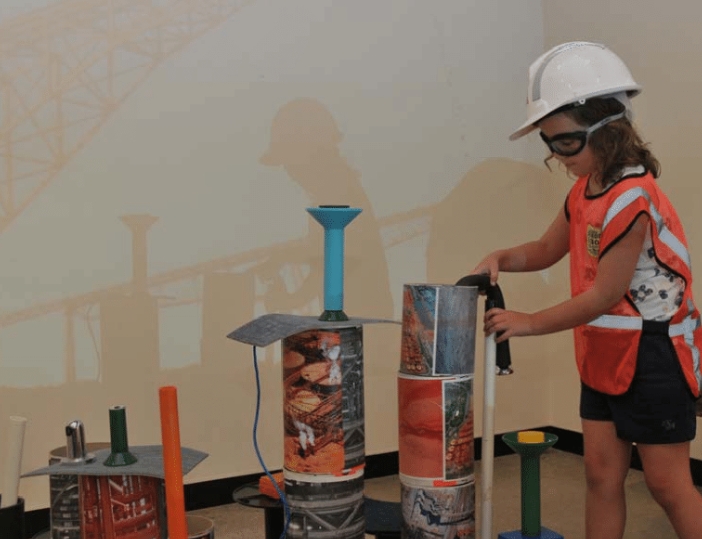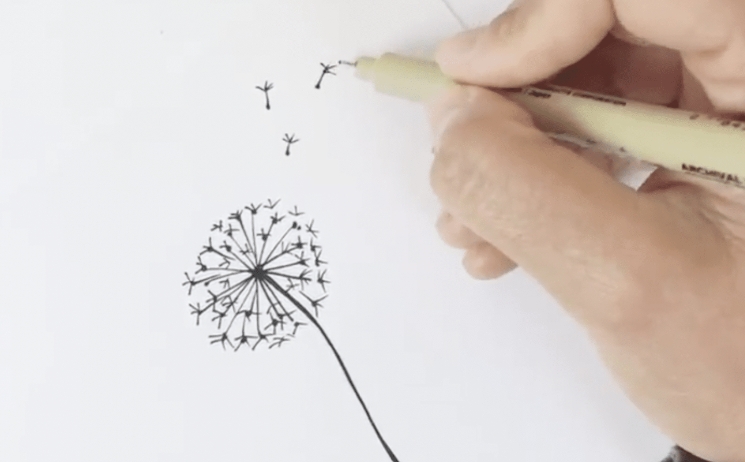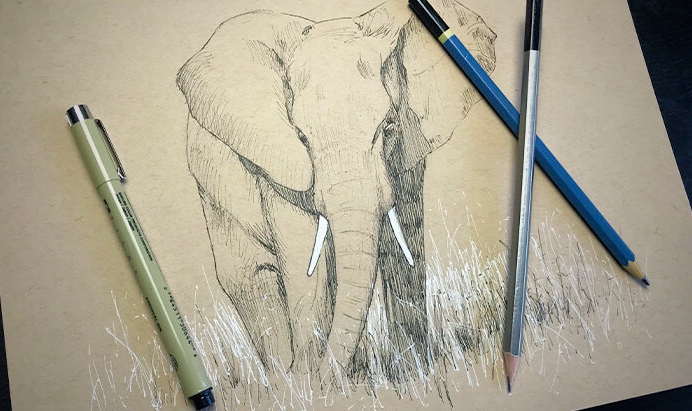hu b
Hu B is making waves in the tech industry with their groundbreaking innovations in various fields. Let’s explore some of the game-changing technologies that are putting Hu B on the map. 1. Artificial Intelligence: Hu B has been at the forefront of artificial intelligence research, developing cutting-edge algorithms that are revolutionizing industries such as healthcare, […]










